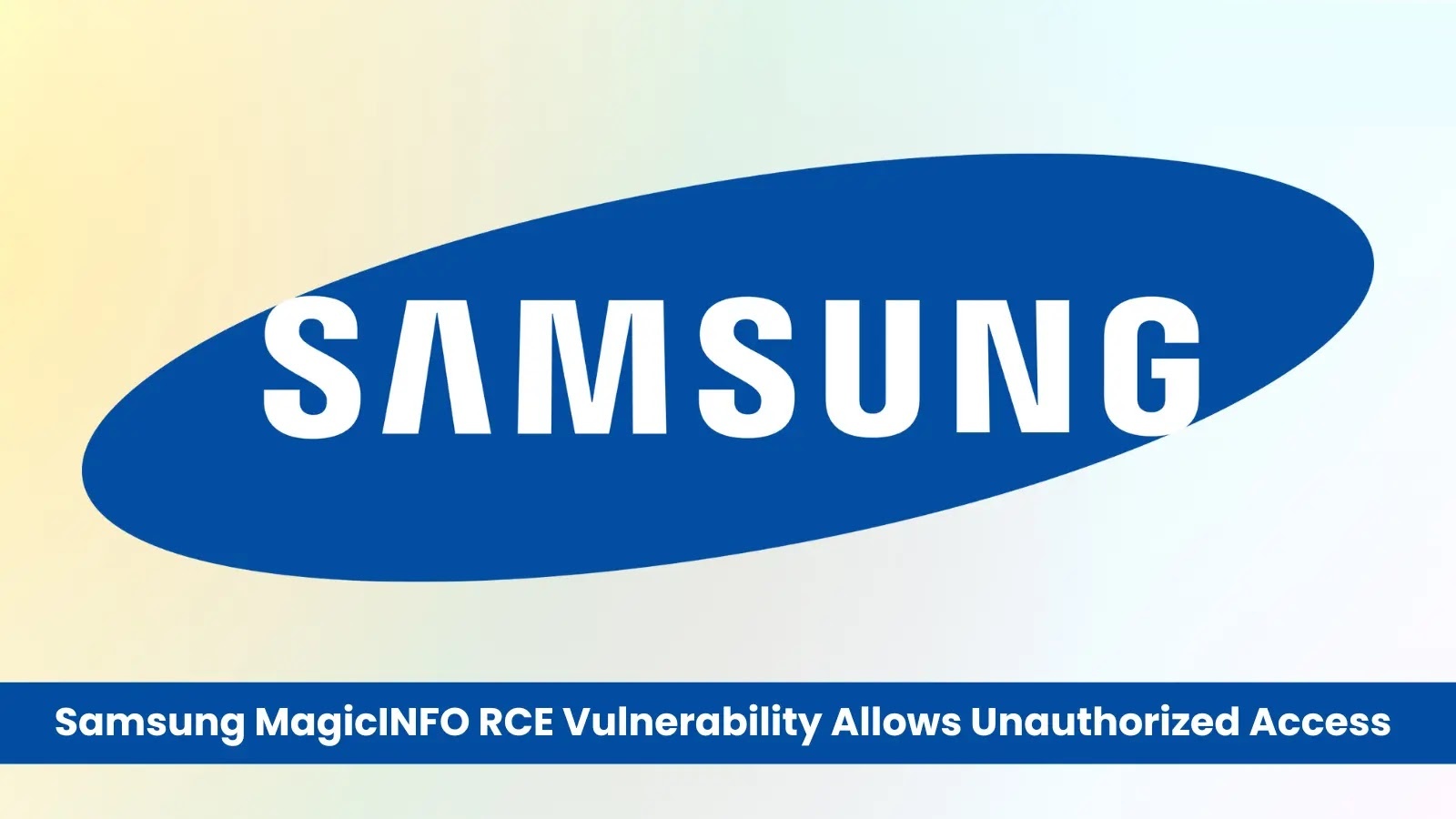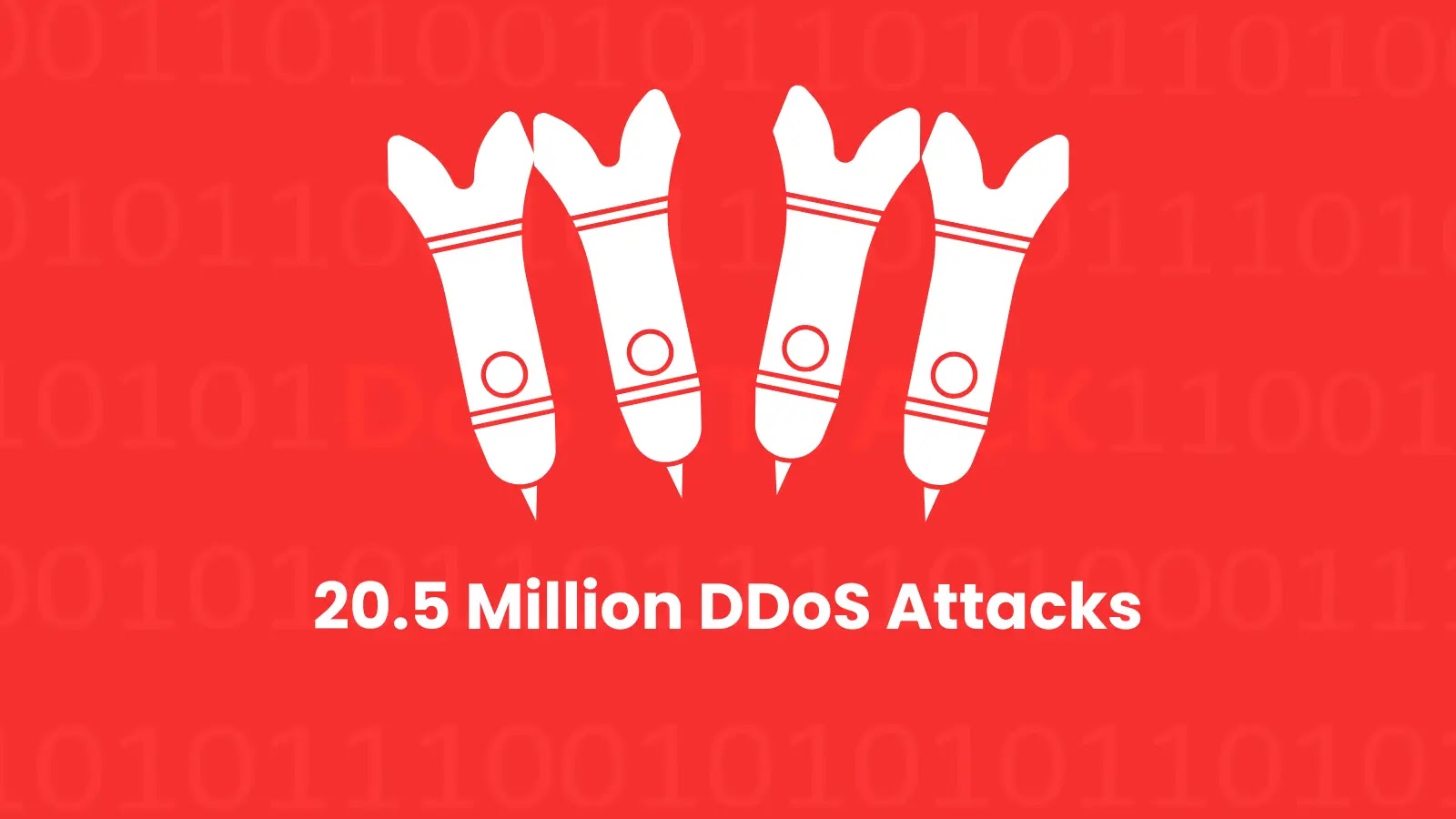A significant security flaw has been identified in Samsung’s MagicINFO digital signage management platform, potentially enabling unauthorized remote code execution with system-level privileges. This vulnerability, designated as CVE-2024-7399, affects MagicINFO 9 Server versions prior to 21.1050 and has been assigned a CVSS score of 9.8, indicating its critical severity.
Understanding the Vulnerability
The core of this vulnerability lies in a path traversal issue within the MagicINFO 9 Server. Specifically, the `getFileFromMultipartFile` method fails to adequately validate user-supplied paths before utilizing them in file operations. This oversight allows attackers to write arbitrary files to the system, leading to potential remote code execution without the need for authentication.
Technical Breakdown
The vulnerability is present in the `/MagicInfo/servlet/SWUpdateFileUploader` endpoint, managed by the `SWUpdateFileUploadServlet` class. Several security lapses contribute to this issue:
– Lack of Authentication Verification: The endpoint does not require user authentication, allowing unrestricted access.
– Inadequate Filename Validation: It accepts filenames without proper validation, opening the door for malicious inputs.
– Absence of File Extension Checks: The system fails to verify file extensions in incoming requests, permitting the upload of potentially harmful files.
These combined flaws enable attackers to upload malicious JSP files, which can then be executed with system-level privileges. The root cause is the improper handling of file paths, where the application reads the `fileName` parameter from HTTP requests and concatenates it with a constant directory path without neutralizing special path elements. This oversight allows attackers to use path traversal sequences to place files in unauthorized locations on the server.
Potential Impact
Exploitation of this vulnerability can lead to:
– Unauthorized Remote Code Execution: Attackers can execute arbitrary code on the server without authentication.
– System Compromise: Gaining system-level privileges allows attackers to control the server fully.
– Data Breach: Unauthorized access to sensitive information stored on the server.
– Service Disruption: Potential disruption of digital signage services managed by MagicINFO.
Mitigation Measures
To address this critical vulnerability, the following steps are recommended:
1. Immediate Software Update: Samsung has released a patch in version 21.1050 of the MagicINFO 9 Server to rectify this issue. Organizations using affected versions should update to version 21.1050 or later without delay. The update modifies the verification logic of the input to prevent path traversal attacks.
2. Network Security Enhancements:
– Implement Firewalls: Configure firewalls to restrict access to the MagicINFO server from untrusted networks.
– Use Virtual Private Networks (VPNs): Ensure that remote access to the server is conducted through secure VPN connections.
– Network Segmentation: Isolate the MagicINFO server from other critical systems to limit potential lateral movement by attackers.
3. Strengthen Authentication Mechanisms:
– Enforce Strong Password Policies: Require complex passwords and regular changes to reduce the risk of unauthorized access.
– Implement Multi-Factor Authentication (MFA): Add an extra layer of security by requiring additional verification methods beyond just a password.
4. Regular Security Audits:
– Conduct Vulnerability Assessments: Regularly scan the MagicINFO server for vulnerabilities and address them promptly.
– Penetration Testing: Simulate attack scenarios to identify and remediate potential security weaknesses.
5. Employee Training and Awareness:
– Security Training Programs: Educate staff on recognizing phishing attempts and other common attack vectors.
– Incident Response Drills: Prepare employees to respond effectively to security incidents to minimize potential damage.
Conclusion
The discovery of CVE-2024-7399 underscores the importance of proactive security measures in digital signage management systems. Organizations utilizing Samsung’s MagicINFO platform must prioritize updating their systems to the latest version and implement comprehensive security practices to safeguard against potential exploits. By staying vigilant and adopting robust security protocols, businesses can protect their digital signage infrastructure from unauthorized access and potential compromise.



